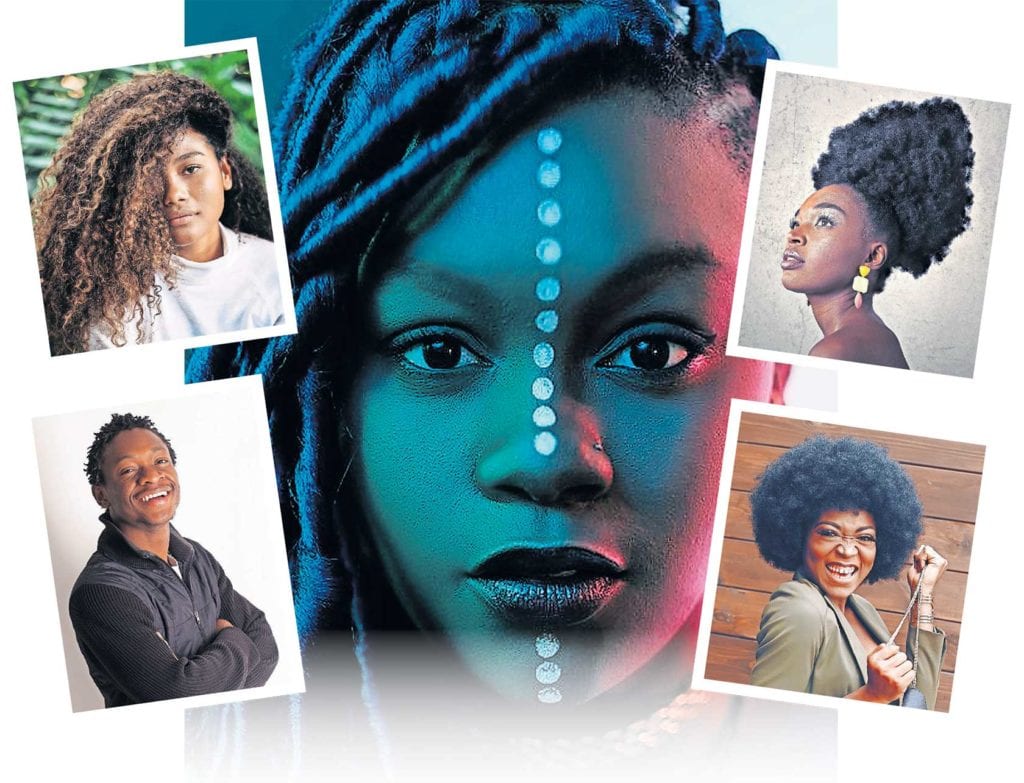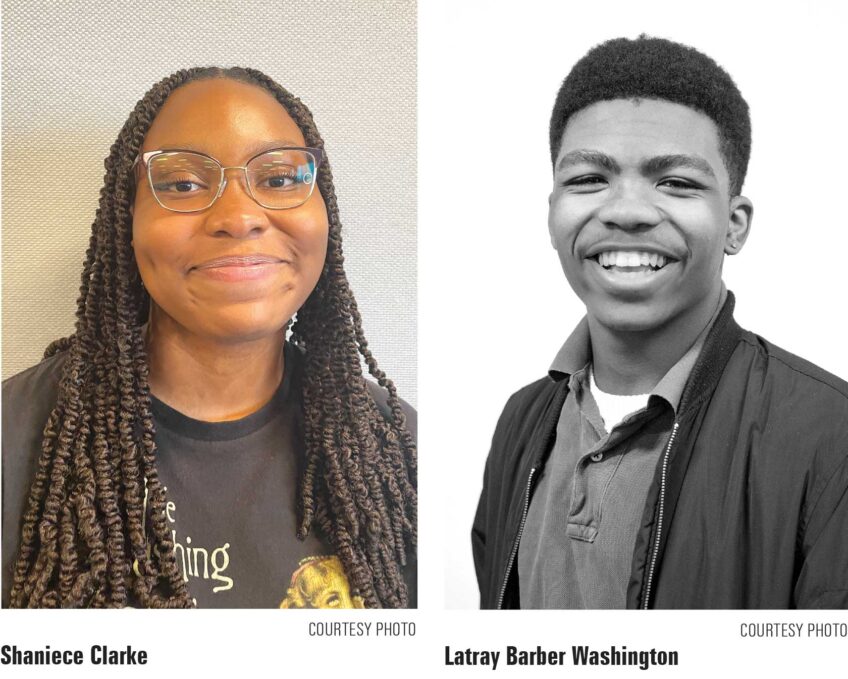When it’s dangerous to be yourself
Movement looks to change acceptable discrimination of natural hair

The pressure to minimize identity and “fit in” to the mainstream bears down in many ways on black women, men and even children. How people of color wear their hair is a primary example.
Afrocentric hairstyles such as natural crowns, elaborate braids, twists and locs are beautiful, but natural hair wearers are often met with discrimination in the workplace and at school. Here are two recent examples: In August 2018 on the first day of kindergarten a 6-year-old boy was denied entrance to a private Christian school in Florida because he wore dreadlocks. In October 2019 a North Carolina judge ruled that a petition circulated at work calling a black woman’s hair “unprofessional” was offensive but not discriminatory.
“Micro-aggressions and actual statutes targeting hair expression endemic to black culture are ever-present throughout the United States in both public and private business sectors as well as in schools,” said Dre Brown, a New York City makeup artist and self-esteem educator. Brown works with Dove’s #ShowUs campaign that seeks to shatter beauty stereotypes. “These limit a person’s hairstyling to looks that minimize the prevalence of natural textures most commonly seen in black hair. And shockingly, it’s legal.”
‘It implies something is wrong’
A recent study by Dove found that “8 out of 10 black women are more likely to change their natural hair to meet social norms or expectations at work. That’s unacceptable,” Brown said.
For decades black people with natural hair have sought to be seen as educated, professional and worthy of respect, said Tina Opie, associate professor in management at Babson College in Wellesley, Massachusetts, and a visiting associate professor at the MIT Sloan School of Management. Opie is one of the founders of Natural Hair at Work Day, an initiative to bring about how black hair is thought of in the workplace and the world.
“Hair is a lens. It provides insight into identity and gender,” Opie said.
Being told to “fix your hair” or being shunned for the way your hair looks can negatively affect a person’s self-esteem, said Tammy Jolivette, a doctoral student in psychology at Walden University who is writing her dissertation on curly hair.
“It implies something is wrong with your natural hair,” said Jolivette, a licenced cosmetologist in Houston.
Experiencing discrimination of natural hair definitely affects a woman’s or girl’s overall self-worth and confidence, Brown said. Young women may be singled out and punished at school, and adults may jeopardize their jobs for going natural.
“These are triggering experiences resulting in trauma that can shape how those affected express themselves well into the future,” Brown said.
Getting political
Black hair discrimination is also a civil rights issue. In 2010 Chastity Jones of Alabama had a job offer rescinded because she wouldn’t cut her dreadlocks. After a 10-year legal battle, the Supreme Court decided not to explore the issue.
Cases of anti-black hair sentiment have appeared in courtrooms over the past four decades, but times are changing. The CROWN (Create a Respectful and Open Workplace for Natural Hair) Coalition, led by Dove executive Esi Eggleston Bracey, seeks to highlight the bias that forces people of color to submit to Eurocentric standards of beauty. The coalition is working to pass the CROWN Act nationwide to outlaw racially discriminatory hair guidelines and practices in workplaces and schools.
“It was first passed in the state of California on July 3, 2019, followed by New York a week later,” Brown said. “As of today, the CROWN Act has been introduced in New Jersey, and many other legislators are inspired to soon introduce legislation in their own states. Supporters can help promote passing of this monumental legislation by signing the petition at TheCrownAct.com.”
‘Embrace the journey’
If you’re looking to go natural, “embrace the journey,” Jolivette said. Starting new with “the big chop” can affect a woman psychologically, but as hair grows, have fun with it, whether it’s curly or kinky.
“Knowing what your curl pattern or texture is is the key to understanding what products are best for your hair,” she said.







